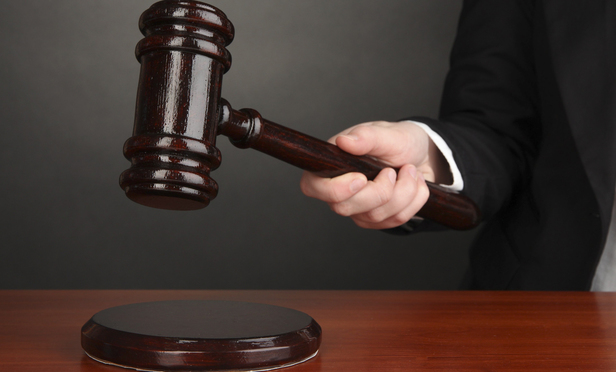A criminal defendant who moves for a new trial does not necessarily waive double jeopardy arguments in future proceedings, the state Superior Court has ruled in a holding that overturns a more than five-year-old decision.
On Jan. 9, a nine-judge panel decided to allow a convicted defendant’s double jeopardy arguments to go forward following the defense’s motion for a new trial. The lower court’s decision denying the double jeopardy arguments was based on the court’s 2007 ruling in Commonwealth v. Constant, which held that a defendant who moves for a new trial waives any argument that double jeopardy bars a second trial.



